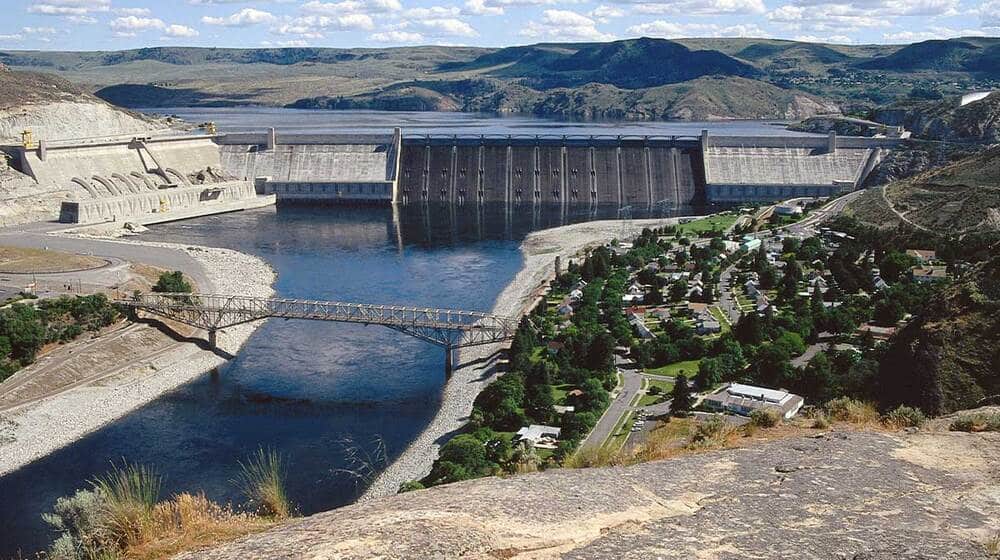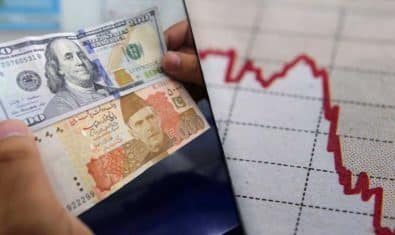The Asian Development Bank (ADB) has approved the project readiness financing (PRF) of $5 million for the Naulong Integrated Water Resources Development Project.
The PRF from the ADB will prepare the Naulong Integrated Water Resources Development Project. The project supports the government of Pakistan’s Vision 2025 and ADB’s country partnership strategy for Pakistan, 2021 to 2025, which emphasizes the need for water, energy, and food security, stated in the project documents, a copy of which is available with ProPakistani.
The document noted that the project aligns with ADB’s Strategy 2030 in addressing poverty and inequalities, gender equality, climate change, rural development, and food security. The project also aligns with Pakistan’s Nationally Determined Contribution. Pakistan has committed to mitigating climate vulnerability and reducing its annual greenhouse gas emissions in 2030 by 20 percent.
The PRF is included in ADB’s indicative country operations business plan for Pakistan, 2021 to 2023. The national government approved the Planning Commission Performa-I for the proposed PRF and the ensuing project in January 2022.
The PRF will ensure high-quality design, stakeholder engagement, safeguards, procurement readiness, and procurement support of the ensuing project. It will facilitate the timely and cost-effective achievement of the project’s outcomes.
The PRF builds on the project planning documents including the feasibility study and associated studies commissioned by the Water and Power Development Authority. The PRF will validate the project design and update social and environmental safeguards documents and other due diligence assessments.
The project is in the Jhal Magsi District of the Balochistan province. The province’s population represents 6 percent of the country’s population and contributes up to 4.5 percent of the national gross domestic product (GDP).
Agriculture is central to Balochistan’s economy and about 72 percent of the population lives in rural areas, mainly depending on agriculture. The agriculture sector accounts for about one-third of the provincial GDP, employs two-thirds of its labour force, and provides livelihood to half of its population. About 70 percent of farmers in Balochistan do not have access to a regular source of water. Variability in water availability in Balochistan is far higher than the national average and per capita water storage is only 20 percent of the national average which itself is already grossly inadequate in comparison to other countries in the region.
Extended droughts and destructive flash floods are common and are likely to worsen with future climate change projections. The people most vulnerable to water scarcity in Balochistan are the rural poor, especially women and children.
Pakistan highly relies on a single river system, the Indus River, as a basis of food security and water supply for all sectors of the economy. The Indus Basin covers 70 percent of the country, but it stretches over only 5 percent of Balochistan. In view of its arid climate, much of Balochistan’s land area is rugged desert or low-grade range land and only 7.2 percent of its area is under cultivation.
The province remains the least water-secured province in Pakistan, the most at risk from climate change, and the least able to cope with water-related development challenges. In view of the lack of investments in water storage, access to reliable surface water is limited and therefore, groundwater is a critical resource in the province.
Groundwater is significantly over-abstracted and has led to a major decline in groundwater levels in many parts of the province. As estimated by the United Nations Development Program (using the Multi-Dimensional Poverty Index), 71.2 percent of the province’s population lived below the official poverty line, as compared to 38.8 percent for Pakistan as a whole.


























